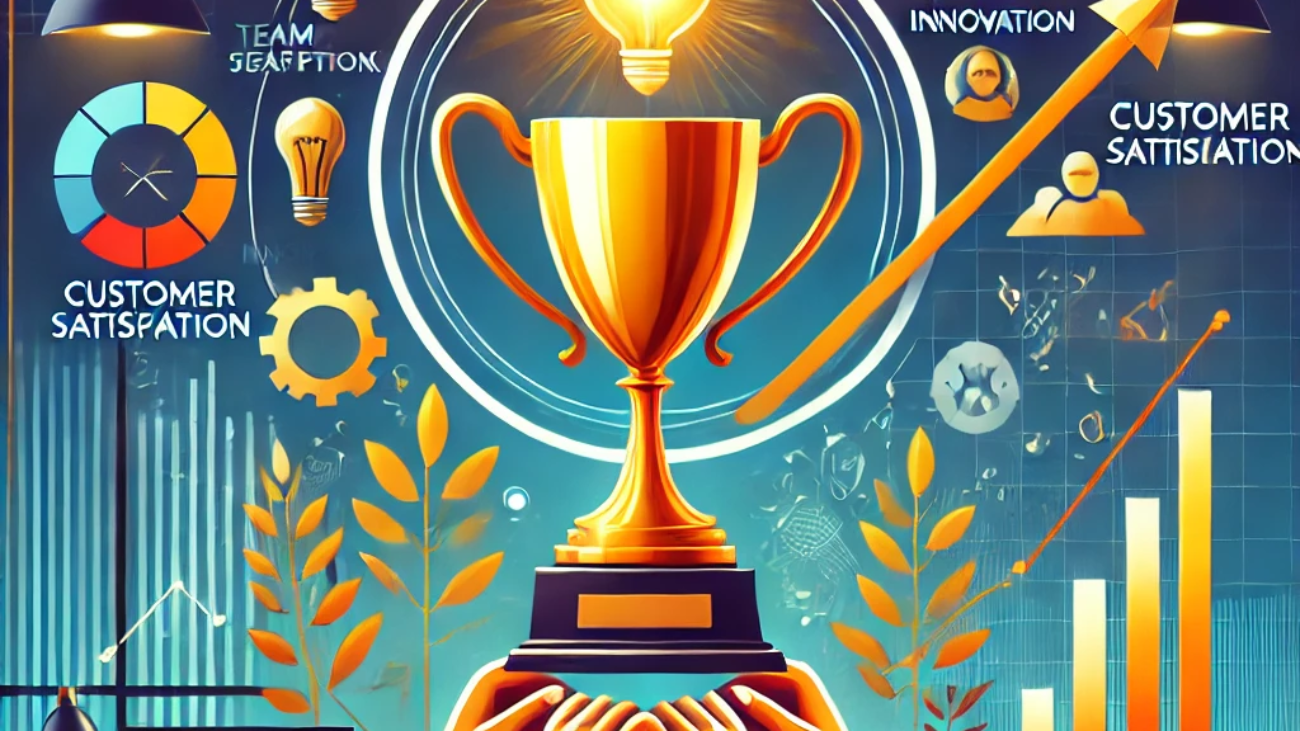The landscape of online businesses is evolving rapidly, driven by technological advancements, shifting consumer behaviors, and global market trends. As we look ahead, the future of online businesses promises unprecedented growth, innovation, and opportunities. But with this growth comes challenges that will require adaptability and foresight. In this blog, we’ll explore the key trends shaping the future of online businesses and how entrepreneurs can prepare for the changes to come.
The Continued Growth of E-commerce
E-commerce has already revolutionized the way people shop, and its growth shows no signs of slowing. With increasing internet penetration and improved logistics, online shopping will become even more accessible and widespread.
Key Trends in E-commerce:
- Personalized Shopping Experiences: Artificial intelligence (AI) and machine learning (ML) will enable businesses to offer tailored product recommendations.
- Mobile Commerce: The majority of online transactions are now happening on mobile devices, pushing businesses to prioritize mobile-first designs.
- Global Reach: Cross-border e-commerce will allow businesses to tap into new markets easily.
Example: Platforms like Shopify and WooCommerce continue to empower small businesses to compete on a global scale.

The Rise of AI and Automation
AI and automation are transforming online businesses, streamlining operations, and enhancing customer experiences. From chatbots to predictive analytics, these technologies will play a crucial role in the future.
How AI Will Impact Online Businesses:
- Efficient Customer Support: Chatbots and virtual assistants will handle routine queries, allowing human agents to focus on complex tasks.
- Data-Driven Decision Making: AI will analyze consumer data to provide actionable insights.
- Enhanced Marketing Strategies: Tools like AI-driven ad targeting will improve ROI for businesses.
Example: Companies like Amazon and Netflix use AI to deliver highly personalized recommendations, driving customer loyalty and sales.
The Expansion of the Gig and Creator Economies
The rise of platforms like Etsy, Fiverr, and Patreon has created opportunities for independent creators and freelancers to monetize their skills. The gig and creator economies will continue to grow, offering new ways for individuals to start online businesses.
Key Developments:
- More Niches: Specialized platforms will cater to niche markets and industries.
- Subscription Models: Creators will rely more on recurring revenue through memberships and exclusive content.
- Collaborative Tools: Improved tools for collaboration will enable creators to deliver better services and products.
Example: YouTube creators and podcasters are increasingly leveraging Patreon to generate steady income.
Blockchain and Cryptocurrency Integration
Blockchain technology is set to revolutionize online transactions and enhance trust in digital ecosystems. From secure payments to smart contracts, its applications in online business are vast.
Potential Uses in Online Businesses:
- Decentralized Marketplaces: Businesses can create platforms that eliminate middlemen, reducing costs for consumers.
- Cryptocurrency Payments: Accepting crypto will attract tech-savvy and global customers.
- Enhanced Transparency: Blockchain can verify product authenticity and track supply chains.
Example: Brands like Shopify and Overstock have already started integrating cryptocurrency payment options.
Sustainability and Ethical Practices
Consumers are becoming increasingly conscious of the environmental and social impact of their purchases. Online businesses that prioritize sustainability and ethical practices will have a competitive edge.
How to Embrace Sustainability:
- Use eco-friendly packaging and reduce waste.
- Partner with suppliers that follow ethical practices.
- Communicate sustainability efforts transparently to customers.
Example: Businesses like Patagonia and Allbirds have built their brands around sustainability, attracting loyal customers.
The Importance of Cybersecurity
As online businesses grow, so do the risks of cyber threats. Businesses must invest in robust security measures to protect their data and maintain customer trust.
Key Cybersecurity Strategies:
- Implement multi-factor authentication and secure payment gateways.
- Regularly update and patch systems.
- Educate employees and customers about safe online practices.
Example: Companies that prioritize cybersecurity, like PayPal, gain customer trust and reduce the risk of data breaches.
The Shift Toward Hybrid Business Models
The future of online businesses lies in blending online and offline experiences. Customers increasingly expect seamless integration between digital and physical channels.
What This Looks Like:
- Click-and-Collect Services: Buy online, pick up in-store options are becoming more common.
- Augmented Reality (AR): Virtual try-ons and AR experiences bridge the gap between online and offline shopping.
- Pop-Up Shops: Online brands are experimenting with temporary physical locations to engage with customers.
Example: Brands like Warby Parker and Glossier are leveraging hybrid models to enhance customer engagement.
The Growth of Subscription-Based Models
Subscription-based businesses are booming, providing predictable revenue streams and fostering customer loyalty. From software to meal kits, subscriptions will remain a dominant business model.
Why Subscription Models Work:
- Offer convenience and value to customers.
- Create long-term customer relationships.
- Allow businesses to predict revenue more accurately.
Example: Streaming platforms like Netflix and SaaS companies like Adobe have mastered this model to ensure consistent growth.

